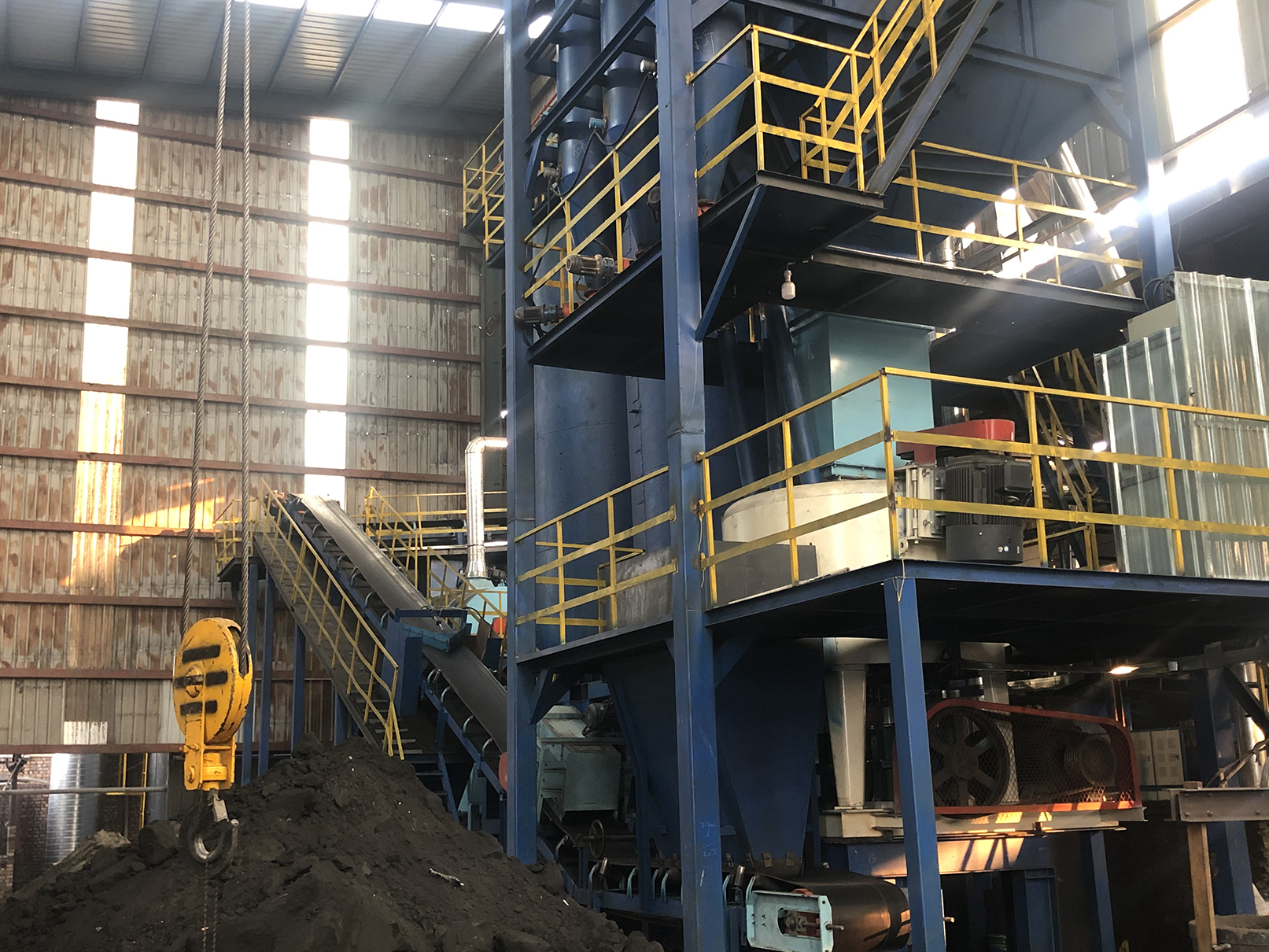- Afrikaans
- Albanian
- Amharic
- Arabic
- Armenian
- Azerbaijani
- Basque
- Belarusian
- Bengali
- Bosnian
- Bulgarian
- Catalan
- Cebuano
- China
- China (Taiwan)
- Corsican
- Croatian
- Czech
- Danish
- Dutch
- English
- Esperanto
- Estonian
- Finnish
- French
- Frisian
- Galician
- Georgian
- German
- Greek
- Gujarati
- Haitian Creole
- hausa
- hawaiian
- Hebrew
- Hindi
- Miao
- Hungarian
- Icelandic
- igbo
- Indonesian
- irish
- Italian
- Japanese
- Javanese
- Kannada
- kazakh
- Khmer
- Rwandese
- Korean
- Kurdish
- Kyrgyz
- Lao
- Latin
- Latvian
- Lithuanian
- Luxembourgish
- Macedonian
- Malgashi
- Malay
- Malayalam
- Maltese
- Maori
- Marathi
- Mongolian
- Myanmar
- Nepali
- Norwegian
- Norwegian
- Occitan
- Pashto
- Persian
- Polish
- Portuguese
- Punjabi
- Romanian
- Russian
- Samoan
- Scottish Gaelic
- Serbian
- Sesotho
- Shona
- Sindhi
- Sinhala
- Slovak
- Slovenian
- Somali
- Spanish
- Sundanese
- Swahili
- Swedish
- Tagalog
- Tajik
- Tamil
- Tatar
- Telugu
- Thai
- Turkish
- Turkmen
- Ukrainian
- Urdu
- Uighur
- Uzbek
- Vietnamese
- Welsh
- Bantu
- Yiddish
- Yoruba
- Zulu
Sht . 16, 2024 05:39 Back to list
Ductile Cast Iron
The Versatile World of Ductile Cast Iron Properties, Applications, and Benefits
Ductile cast iron, also known as nodular cast iron or spheroidal graphite iron, is a remarkable material that has gained prominence in various industrial applications owing to its outstanding mechanical properties. This type of cast iron is characterized by the presence of nodular graphite inclusions, which provide enhanced ductility and tensile strength compared to traditional cast iron. The ability to adapt to different engineering requirements makes ductile cast iron a material of choice in many sectors, including automotive, construction, and heavy machinery.
The Versatile World of Ductile Cast Iron Properties, Applications, and Benefits
One of the key advantages of ductile cast iron is its exceptional tensile strength, which can measure up to 100,000 psi (pounds per square inch) or more. This strength allows components made from ductile cast iron to bear heavy loads and endure impact better than their counterparts made from other materials. Additionally, its ductility means that it can deform under stress without fracturing, a crucial property for components subjected to dynamic loading conditions.
cast iron ductile

Ductile cast iron is not only strong but also exhibits excellent wear resistance, making it suitable for applications where friction and abrasion are significant concerns. This property is particularly valuable in the manufacturing of gears, crankshafts, and other moving parts that require longevity and reliability. Furthermore, ductile cast iron boasts good machinability, allowing for precision engineering and the ability to create complex shapes, which is essential in modern manufacturing processes.
The versatility of ductile cast iron extends to its application in various industries. In the automotive sector, ductile cast iron is commonly used in the production of engine blocks, suspension components, and exhaust manifolds. Its combination of strength and lightness enables engineers to produce efficient parts that enhance vehicle performance. In construction, ductile cast iron is utilized in manhole covers, pipe fittings, and structural components, where durability and resistance to environmental factors are vital.
In conclusion, ductile cast iron stands out as a superior material in the realm of engineering and manufacturing. Its unique properties—combining strength, ductility, wear resistance, and machinability—make it a preferred choice for various applications across multiple industries. As technology advances and the demand for high-performance materials grows, ductile cast iron is likely to continue playing an integral role in innovative engineering solutions for years to come. Understanding its advantages can help manufacturers and engineers make informed decisions that enhance their products and operations.
-
Silica Sol Casting Supplier – Custom, ODM & Buy Services High Precision Casting Solutions
NewsJun.10,2025
-
High-Performance AODD Pumps for Diverse Applications Buy Custom & ODM AODD Solutions Online
NewsJun.10,2025
-
High-Quality Casting Machinery Parts Custom & ODM Services Available
NewsJun.10,2025
-
Premium Punching Cement Concrete Pipe Mold Pallets Custom ODM Available
NewsJun.10,2025
-
Premium Cast Aluminum Silicon Radiator Castings For Sale
NewsJun.10,2025
-
Custom Cast Steel Pipe Mold Pallet for Durable Precision
NewsJun.10,2025


